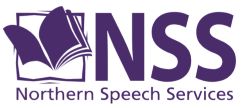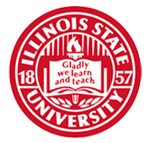Abstract
Purpose: The purpose of this study was to identify accommodations available to students in Midwestern higher education institutions. The number of students with disabilities entering graduate programs, including in CSD, is increasing. There are multiple barriers that impact success for students with disabilities. Reasonable accommodations for students are legally required in higher education, but little is known about the types of accommodations available to CSD students at different institutions. An enhanced understanding of common accommodation may help CSD programs proactively prepare programs to support graduate students in academic and clinical training. Method: Analysis of the accommodations listed on the websites of 40 different institutions that provide CSD education in the Midwestern region was conducted to identify themes in accommodations in these institutions. .
Results: Assistive technology was the most common type of accommodation theme identified. In addition, alternate formats and accommodations related to physical environment/assistance were also frequently noted themes.
Conclusions: While the most commonly reported available accommodations are designed for use in traditional academic settings, some may also be relevant to clinical training for CSD students for disabilities. However, their application in clinical education should be made more obvious to ensure student learning and success.
Recommended Citation
Hatfield, S. M.,
Sizemore, E. R.,
&
Subramanian, A.
(2023).
Preliminary Analysis of Student Accommodations at Higher Education Institutions in the Midwest with Communication Disorders Programs.
Teaching and Learning in Communication Sciences & Disorders, 7(3).
DOI: https://doi.org/10.61403/2689-6443.1287





